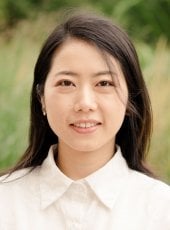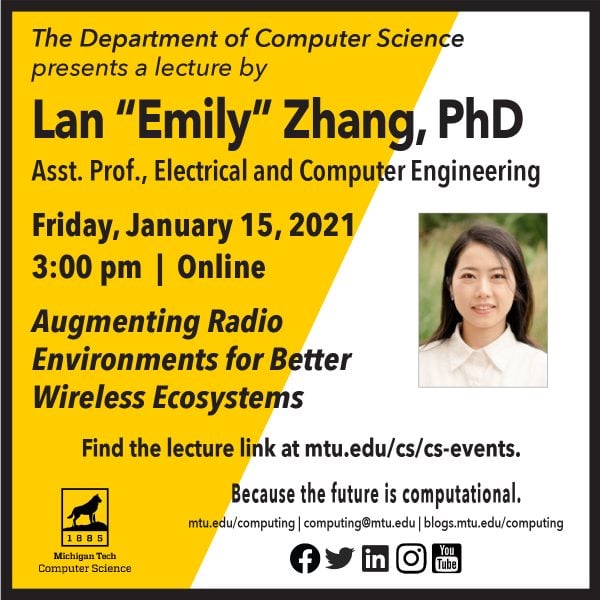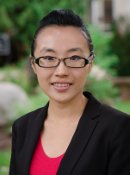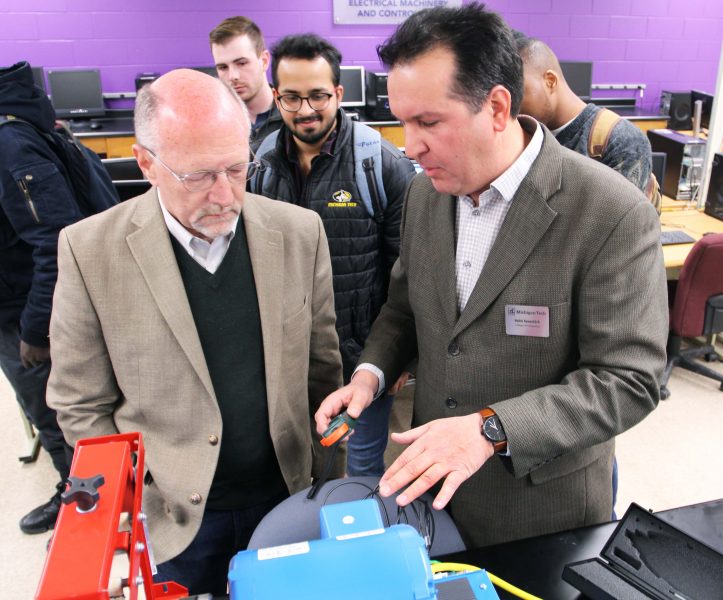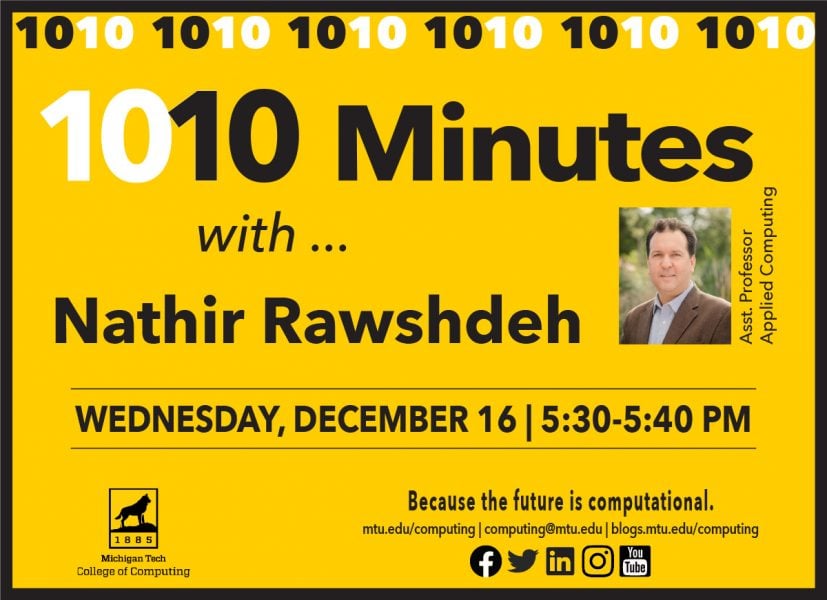Meet the VPR Sponsored Operations Team and VPR Staff
by Office of the Vice President of Research
Join VPR team members and other members of the Michigan Tech research community from noon to 1 p.m. tomorrow (Jan. 12) for presentations and discussion to help you and your team as you pursue funding for your research and other externally supported programs.
This month’s discussion will be led by Will Cantrell, associate provost and dean of the Graduate School. Cantrell will describe how researchers can work with graduate students to provide the best learning experience while achieving research goals, followed by a question and answer session.
Session attendees will also have a chance to meet the Sponsored Programs Operations Team and VPR Staff. Attendees will have the chance to ask presentation and general VPR-related questions at the end.
